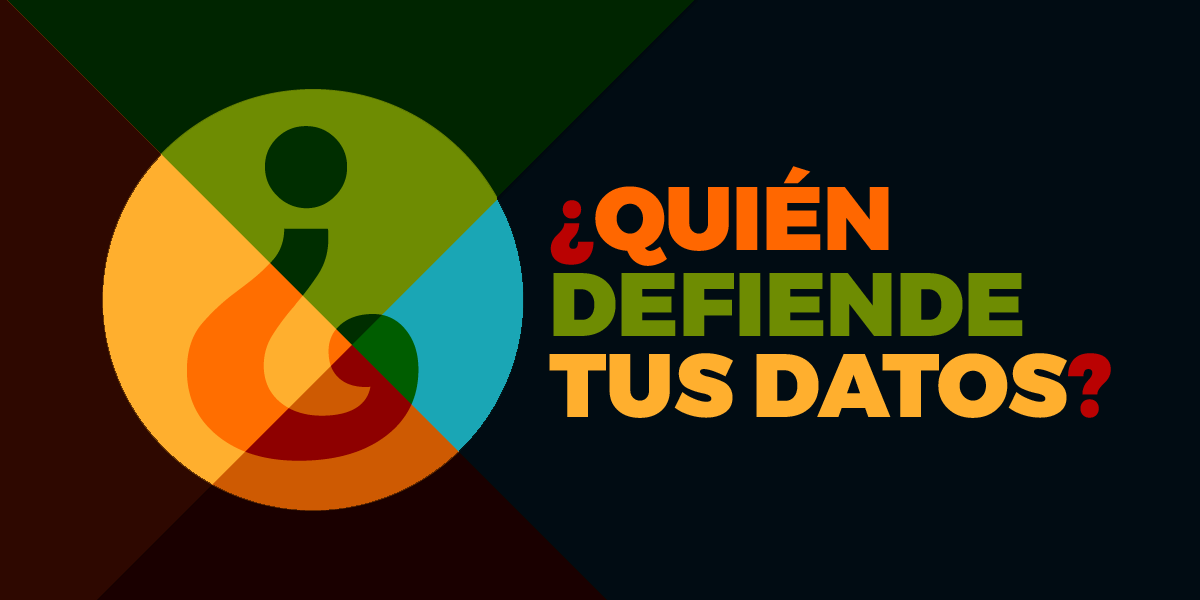A recent TEDIC report, titled “Who Defends Your Data?”, highlights the advancements and shortcomings of the main broadband service providers in Paraguay regarding the accessibility of their privacy policies. The study points out that, although these companies have improved in terms of information and transparency, there are still deficiencies that limit the protection of users’ privacy rights.
The analysis takes into account the companies Claro, Personal, and Tigo, which are subsidiaries of foreign companies, as well as the national providers Copaco and Vox. Despite observing a better performance from the foreign subsidiaries in the protection of personal data, the report highlights that local companies still do not reach the standards of their counterparts in the region.
The evaluators conducted their assessment based on seven criteria, including transparency about data collection and storage and the procedures required for disclosing information to the government. Tigo was rated as the company with the highest score, meeting 73% of the requirements, while Vox ranked last with only 5% compliance.
One critical point of the report is the lack of clear details on the retention periods of personal data, which is essential for user protection. Although companies like Claro, Personal, and Tigo have made efforts to inform about data collection, the report indicates that this is not enough without robust legislation regulating the handling of personal information. Paraguay is one of the few countries in Latin America that lacks a comprehensive data protection law, and although there is a bill pending in Parliament, it has not yet been approved.
The report also emphasizes the lack of a clear policy to notify users when their information is requested by authorities, a omission that raises concerns about transparency and user rights. Although the five companies require a court order to provide any information, this does not extend to communication metadata, which should also be protected according to international standards.
Lastly, it is noted that none of the companies have established a strong commitment to promoting human rights, although Tigo and Claro have made some positive contributions in this area. Although their reports on government requests are somewhat more transparent, they are only accessible on the websites of their parent companies, making direct access difficult for users in Paraguay.
via: MiMub in Spanish









